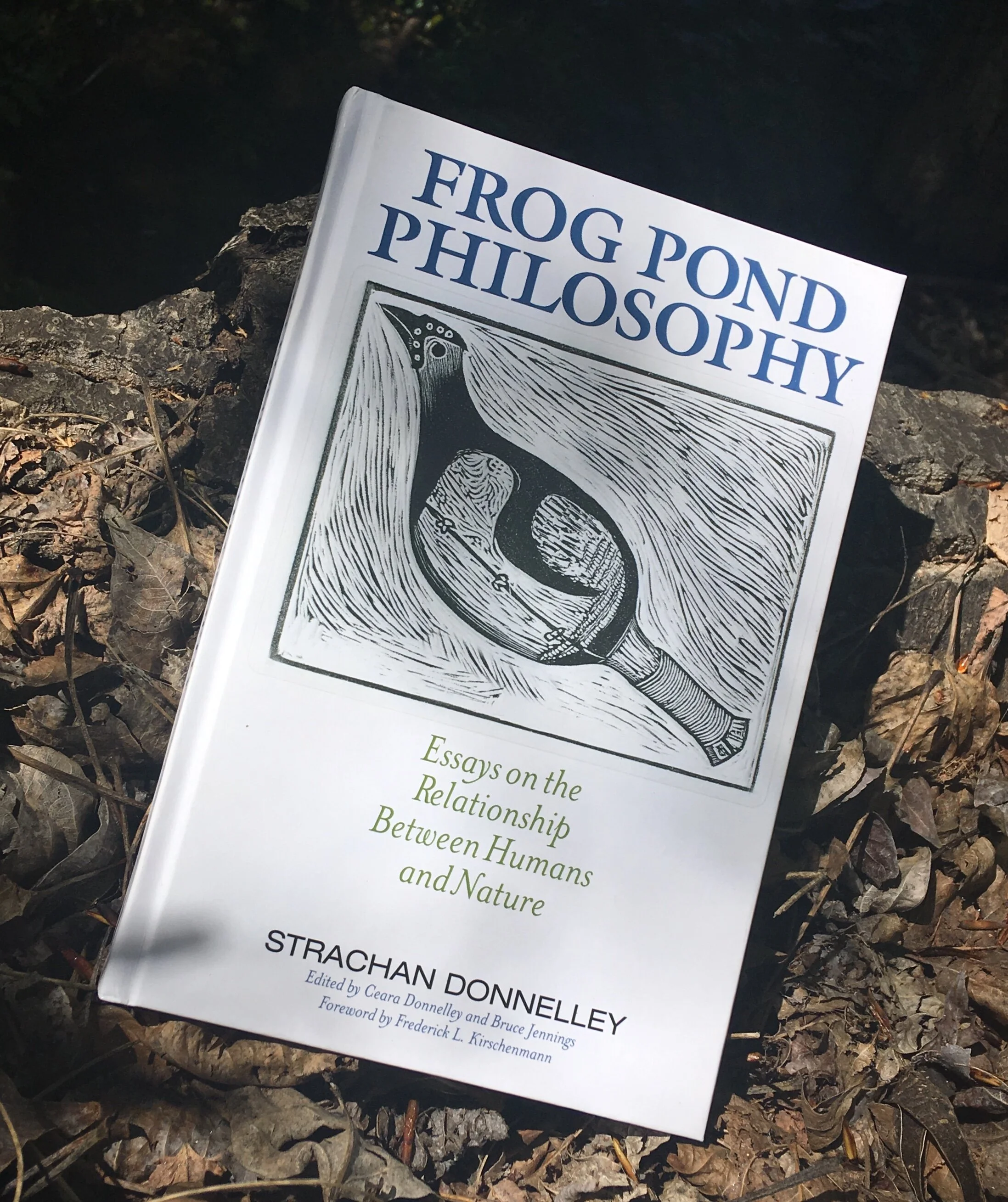Along This Path of Enlightened Ignorance
What are our ethical, earthly responsibilities, especially given that we are confined to paths of enlightened ignorance? That is, given that we in principle do not have, and cannot have, final and certain moral truths, dogmatically fixed moral stars to guide us? Does this situation resign us to moral nihilism or, at best, aimless moral relativism, an “I’m OK, you’re OK” syndrome?
No. Manifestly, this is not the inevitable outcome of the path of enlightened ignorance. Quite the opposite. By renouncing the quest for certainty and correlative dreams of perfection, we become, or ought to become, more wedded to the finite and vulnerable realized goodness of earthly life—all earthly life. Given what we can discern “through a glass darkly,” our moral responsibilities are systemic: to earthly processes, structures, and communities of life, as well as to life’s interconnected individuals. Moral responsibility is naturally ecosystemic as well as humanly communal and relational.
